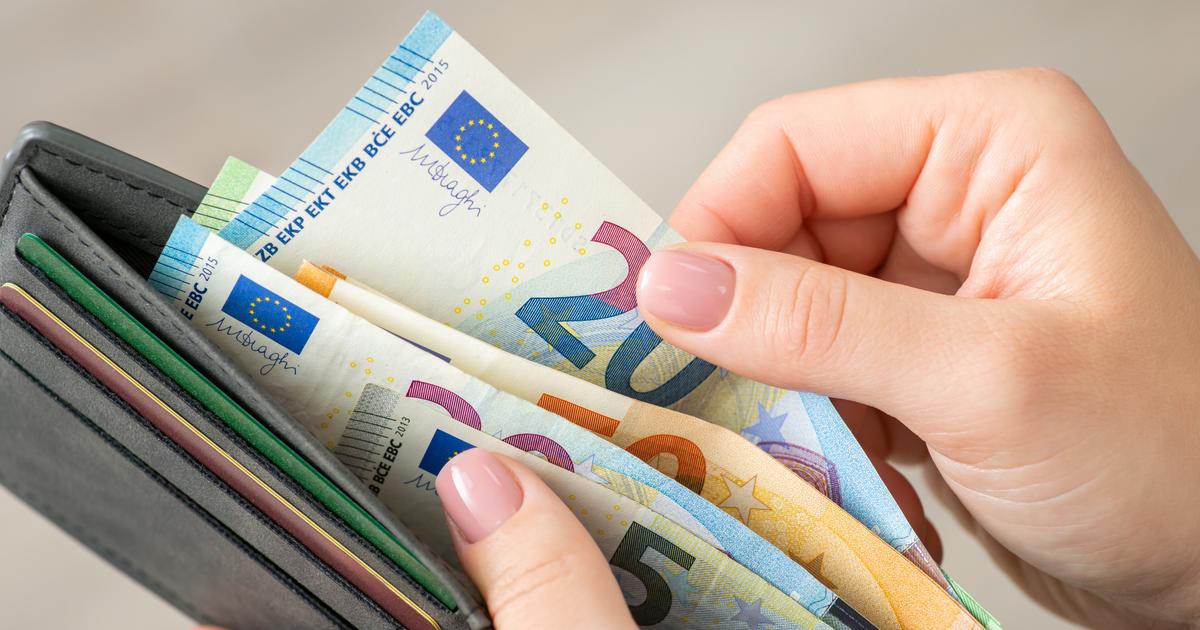No more wads of cash.
The European Parliament and Member States agreed on Thursday January 18 to limit cash payments within the European Union to 10,000 euros.
Some countries, such as France, already have stricter rules than the new European provisions on cash payment.
But in other states, such as Austria or Germany, cash payments have until now remained unlimited.
The provision is part of a text also intended to better combat the financing of terrorism, concluded after two and a half years of negotiations and which will enter into force this year.
Money laundering in the viewfinder
The objective is to bring together very disparate existing regulations in the 27 EU countries to detect and limit questionable transactions.
This agreement "
will ensure that fraudsters, organized crime and terrorists will no longer have the opportunity to legitimize their profits through the financial system
," said Belgian Finance Minister Vincent Van Peteghem, whose country has ensured for six month the rotating presidency of the Council of the EU.
The new legislation also harmonizes and tightens the rules against money laundering and terrorist financing imposed in particular on banks, real estate agencies and casinos.
These entities will need to be able to identify their customers or the asset owners behind opaque financial arrangements.
The application of these rules will be extended to the cryptoasset sector in order to guarantee traceability there too.
They will also concern the trade in luxury products such as precious metals, jewelry, watches, as well as that of very high-end cars, private jets or yachts.
Read also Faced with inflation, Cuba limits cash payments
The football clubs concerned
Finally, professional football clubs and their agents will also be subject to reinforced regulations, but at the end of a transition period of five years after the entry into force of the text, therefore from 2029. The new legislation will strengthen by elsewhere the powers of financial intelligence services.
The European Parliament and member states had already approved in December the creation of a European Union agency against money laundering and terrorist financing.
The future headquarters of this organization is coveted by several countries, including France and Germany.
The new agency, designated by its English acronym AMLA (“Anti-money laundering authority”), will be responsible in particular for supervising and coordinating national authorities in order to better detect and combat questionable cross-border activities.
This package of measures was proposed by the European Commission in July 2021. Financial Services Commissioner Mairead McGuinness welcomed Thursday “
an important step in the fight against dirty money in the EU
”.

